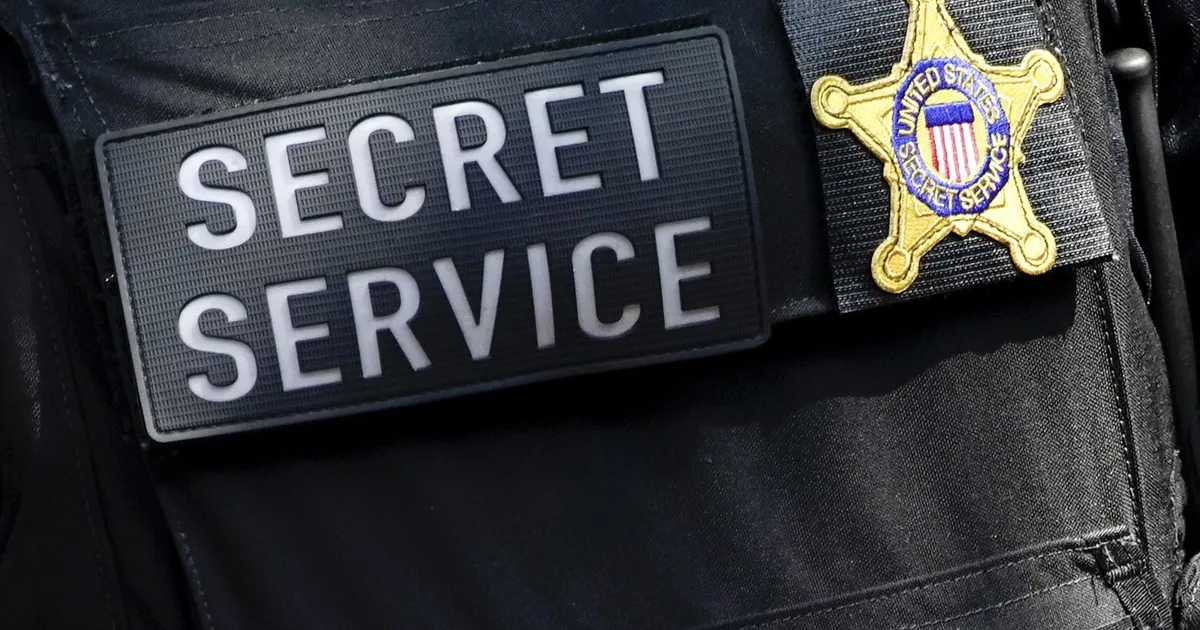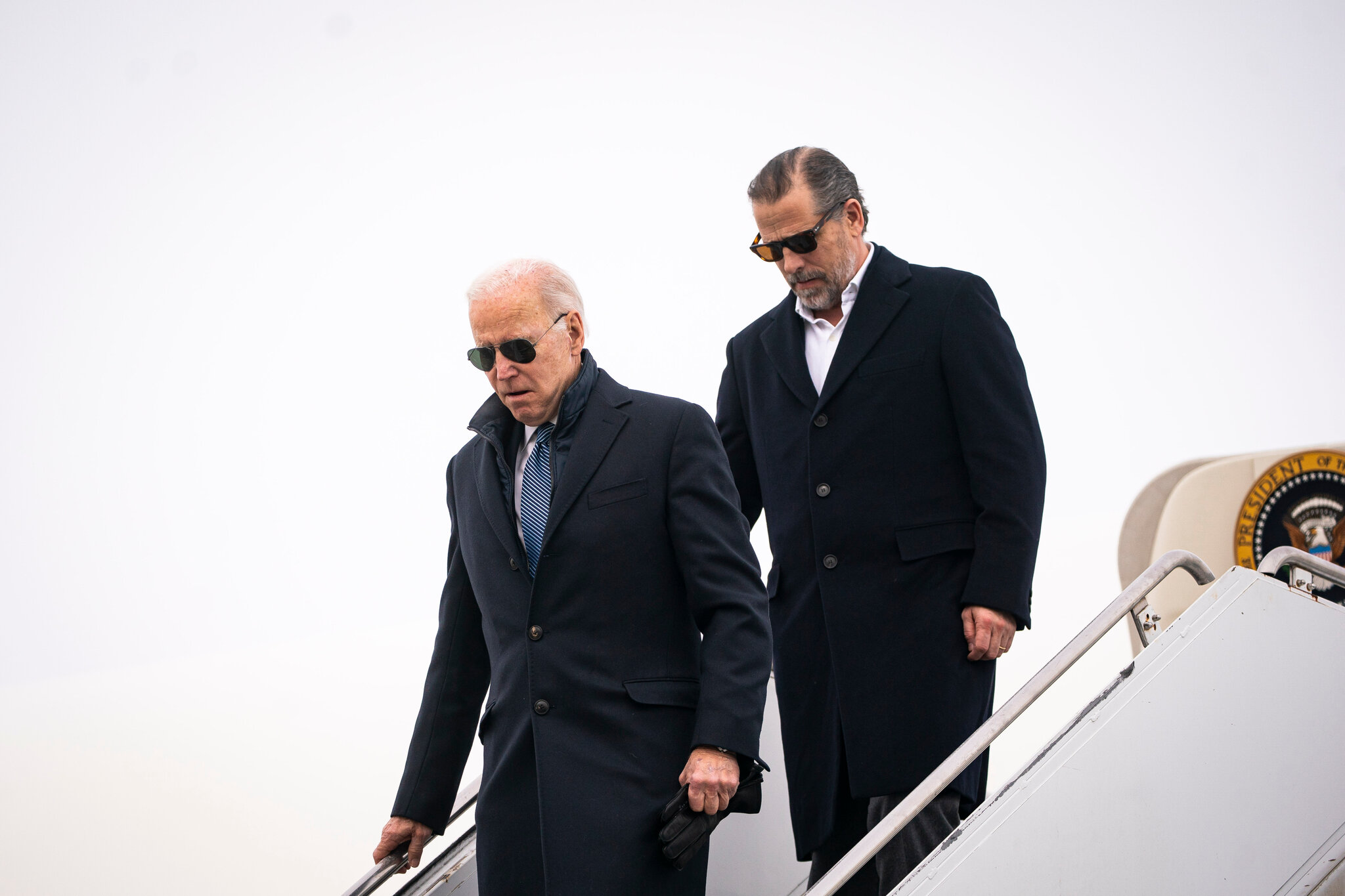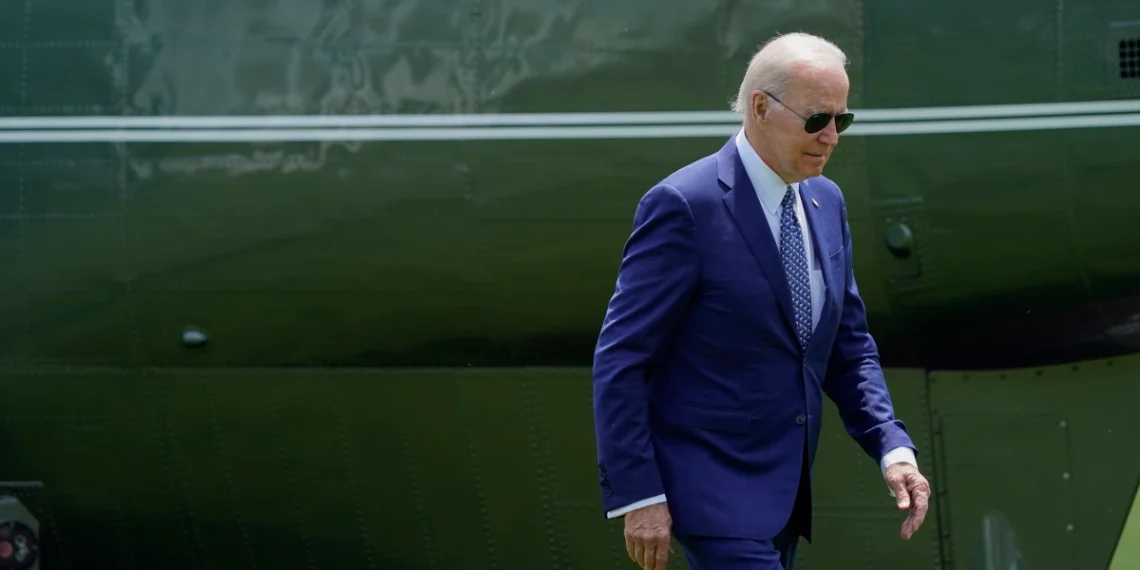The Secret Service has launched a formal investigation into a Maine individual’s social media posts, citing “unusual interest” in President Biden‘s family.
Despite lacking explicit threats, the agency initiated the probe based on tweets from the individual, an Army veteran.
The investigation, led by senior Secret Service agent John Mazza in summer 2022, highlights concerns over the balance between free speech and security measures.

The individual’s Twitter posts prompted a regional Secret Service office to request a “preliminary protective intelligence investigation,” reflecting heightened scrutiny over online discourse.
The tweets referenced jokes about invading the White House and photographing Biden, sparking concerns within the agency.
The probe, conducted under the umbrella of protecting the president and his family, raises questions about the extent to which government agencies monitor online activity.
While the Secret Service is tasked with identifying and addressing credible threats to national leaders, the investigation’s initiation based solely on protected speech underscores potential First Amendment implications.
Critics argue that the investigation represents government overreach and may chill free expression online.
Despite the absence of concrete threats, the agency’s actions signal a broader trend of increased surveillance of social media platforms.
The investigation’s scope extends beyond mere observation, as the Secret Service seeks to obtain additional information through subpoenas and interviews.

However, the individual’s identity remains undisclosed, and attempts to reach them for comment have been unsuccessful.
The incident underscores broader concerns regarding the balance between national security and civil liberties in an era of pervasive digital communication.
As government agencies face the complexities of online discourse, questions arise about the boundaries of free speech and the extent of surveillance justified in protecting public officials.




